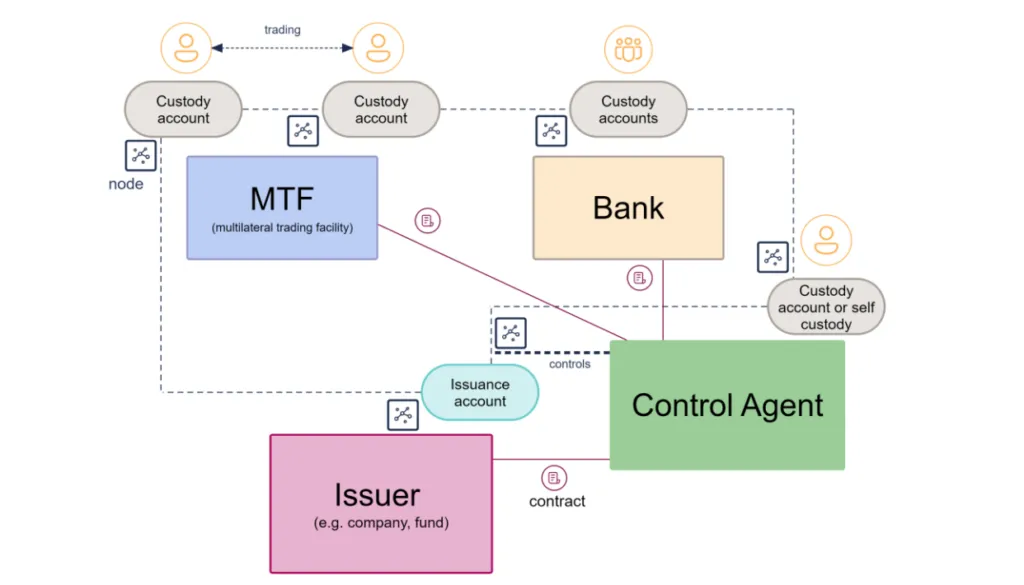Crypto
As tokenization takes root globally, Luxembourg has adopted a new law that seeks to make the issuance of digital securities easier, cheaper, and more efficient.
Luxembourg’s parliament recently passed Blockchain Law 4, the country’s latest effort to facilitate blockchain adoption. It’s the fourth in a line of blockchain laws; the first was implemented back in 2019. The latest framework provides a simplified regime for “the issuance, recording, and transfer of ownership of dematerialized debt and equity securities using DLT (distributed ledger technology).”
Luxembourg for Finance, the country’s financial development agency, says the new law will cement the country’s “pioneering role within the European Union in the use of DLT technology, particularly in the domain of dematerialized securities issuance.”
Dematerialized securities exist only electronically and are recorded in a central depository system, such as stocks, bonds and exchange-traded funds (ETFs).
The standout provision of the new law is the introduction of a control agent whose aim is to reduce inefficiencies and simplify the tokenized debt and securities issuance process. Previously, issuance required a central account keeper (which in other markets would be a central securities depository or CSD), which are highly regulated financial entities, making the process more expensive and limited. Then, there would be a separate custodian, creating a two-layer system.
However, with control agents, the process will be easier for participants as credit institutions, investment firms, banks, and settlement organizations can now play this role. Passported European Union firms licensed in other EU states can also play this role, further widening the scope; this differs from other EU members requiring localized operations.
A control agent will maintain the issuance of tokenized securities, oversee the custody chain of these securities, and ensure reconciliation between the issuance account on DLT and the securities account. Essentially, rather than having two separate firms handle issuance and custody, a control agent can handle both, eliminating the two-tier system.

The new law simplifies the requirements for control agents, making it easy for most financial firms to apply for the role. To qualify, a firm must notify the financial markets regulator at least two months prior and meet all the prudential requirements, such as governance, security, organizational structure, and internal controls.
In recent years, Luxembourg has quietly advanced its financial laws to accommodate blockchain. In 2023, it passed Blockchain Law III, which allowed the use of electronic DLT as collateral for financial instruments held on securities accounts.
With tokenization taking root and ambitious projections of the technology unlocking up to $15 trillion in the next decade, Luxembourg is taking strides ahead of other advanced EU economies, which could make it the biggest winner in Europe. Regional frameworks like the Markets in Crypto-Assets (MiCA), which continue to unify the bloc’s regulatory approach, mean that firms can set up in Luxembourg and then use an EU passport to serve the rest of the region. Latvia is another tiny nation that has quickly realized the potential of a post-MiCA world and is busy working with firms using blockchain to set up in the country.
Watch: How blockchain tech can

